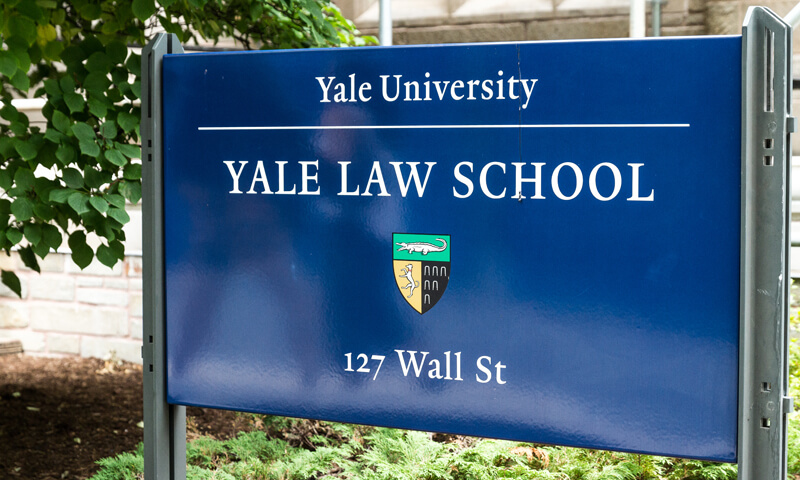The Indiana Court of Appeals has found the word “annoys,” as used in the state’s public intoxication statute of 2012, is vague and reversed the conviction of a man which was based on annoying behavior. However, the court sustained an accompanying conviction of disorderly conduct, while voiding the ‘public intoxication.’ This ruling is as enlightening as another we reported previously of the Indiana Court of Appeals ruling against stopping without probable cause.
In the instant case, Indianapolis Metropolitan Police Officer Brycen Garner observed Rodregus Morgan asleep at a bus stop and Morgan’s brother yelling at him to wake up. Garner woke up Morgan and saw his eyes were bloodshot, and he was unsteady on his feet, after waking up from deep sleep – he also smelled of alcohol.
All this seemed ‘annoying’ to the police officer who promptly arrested Morgan and slapped a charge of public intoxication on him.
When Morgan started to argue, and then yell, because he was under the belief that he hadn’t hurt or harassed anybody, and that his arrest was unfair – the police immediately slapped a charge of disorderly conduct, and then one of criminal intimidation on him.
The criminal intimidation part came because while the police was completing paperwork, Morgan continued to yell and object – that is criminal intimidation.
In court, Morgan argued that the portion of the law that states it is a Class B misdemeanor if an individual is intoxicated while in a public place and harasses, annoys or alarms another person, is unconstitutionally vague, as the statute does not define what the word “annoys” means and there is no objective standard for evaluating what “annoys” constituted.
The Indiana Court of Appeals agreed with Morgan and observed, “… we find the challenged portion of Indiana’s public intoxication statute to be unconstitutionally vague. Namely, the statute neither requires that a defendant have specifically intended to annoy another, nor does it employ an objective standard to assess whether a defendant’s conduct would be annoying to a reasonable person.”
The court also observed that the statute did not put any obligation on any complainant or law enforcement that the defendant must first be warned that his behavior was considered annoying – that determination is based solely on the “subjective feelings of a particular person at any given time.”

















































